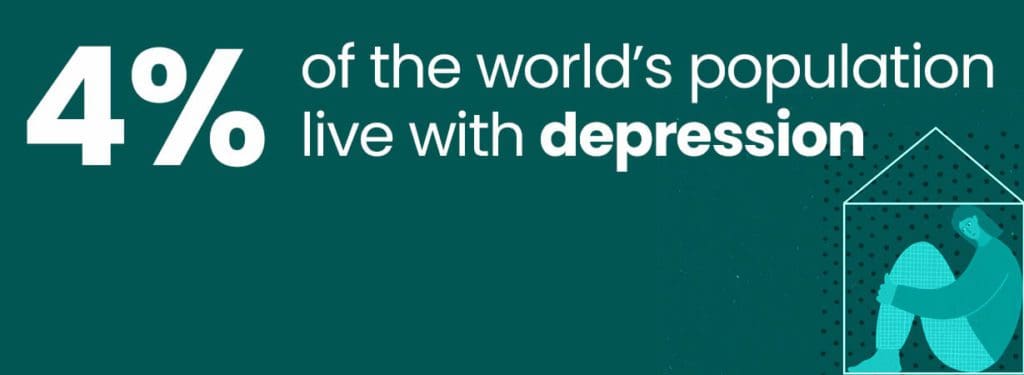Depression Treatment
Substance Abuse Rehab And Depression Treatment Centers in Malibu California
Our Substance Abuse Rehab And Depression Treatment Centers in California offer hope for those dealing with depressive disorders and substance abuse.

Types of Depression
The American Psychiatric Association (APA) publishes the Diagnostic and Statistical Manual of Mental Disorders (DSM). Known as the “Bible of psychiatry,” the fifth and most recent edition came out in May 2013.
The DSM-5 lists the core criteria for major depressive disorder, also referred to as clinical depression. However, there were a few notable changes from the DSM-IV to the DSM-5 in the chapter on depression.
Dysthymia has been replaced by a condition called Persistent Depressive Disorder (high functioning depression), which includes the categories of Dysthymia and Major Depressive Disorder within the diagnosis.
Two new conditions added to the DSM-5’s chapter on depression are Disruptive Mood Dysregulation and Premenstrual Dysphoric Disorder.
Disruptive mood dysregulation addresses symptoms that were previously labeled “childhood bipolar disorder.”
Premenstrual dysphoric disorder is a severe case of premenstrual syndrome, which is a group of emotional symptoms, with or without physical issues, that occur in the later part of the menstrual cycle.
Additionally, bereavement, or grief over the loss of a loved one, is no longer excluded as a depressive disorder in the DSM-5. Not everyone experiencing grief develops depression, but the APA felt it necessary to distinguish between “normal bereavement” and “pathological bereavement.”
List of Depressive Disorders as Presented in the DSM-5:
The staff at Inspire Malibu understands that each patient experiences and copes with the painful symptoms of depression in their own way. People with depressive illnesses do not all experience the same symptoms.
The severity, frequency, and duration of symptoms vary depending on the individual and his or her particular illness.
The Symptoms of Depression Range from Mild to Severe
While many people throw around the term, “depressed,” there is a difference between being merely sad, and having clinical depression or a depressive disorder.
Only a trained physician can make the distinction and it’s important to seek the guidance of medical doctor for a diagnosis.
The Most Common Symptoms of Depression Include:
- Persistent sad feelings of guilt, worthlessness and hopelessness
- A sense of restlessness and irritability
- Loss of sex drive
- Increased fatigue
- A lack of interest in previously valued activities
- Insomnia or trouble sleeping
- Lack of energy
- Difficultly concentrating or remembering important facts
- Binge eating or overeating
- Loss of appetite
- Irregular aches and pains, including headaches and abdominal problems
- Increase alcohol or drug consumption
- Suicidal thoughts and tendencies
Substance Abuse Rehab and Depression Treatment Centers Can Help
Depression is a medically treatable condition. After a thorough and comprehensive evaluation, the physicians at Inspire Malibu create a unique treatment plan for each individual.
Successful anti-depression therapy requires a chemically balanced brain. First, balance the brain chemistry, then begin therapy.
Inspire Malibu’s clinical approach deals with things in a logical and effective manner, meeting each patient’s individual needs.
Even people with the most severe form of depression can overcome the condition by taking the appropriate medication and/or supporting their newly balanced brain chemistry with the proven effective therapy.
Alcohol and substance abuse issues are common in some people experiencing depression. Many of those tormented by depression turn to things like prescription painkillers, alcohol and other illicit drugs to numb their difficult and complicated feelings.
The effects of substance abuse, however, only serve to make depression worse. The addiction specialists at Inspire Malibu know that you can’t treat one disease without treating the other, and have helped numerous individuals suffering from both co-occurring conditions.